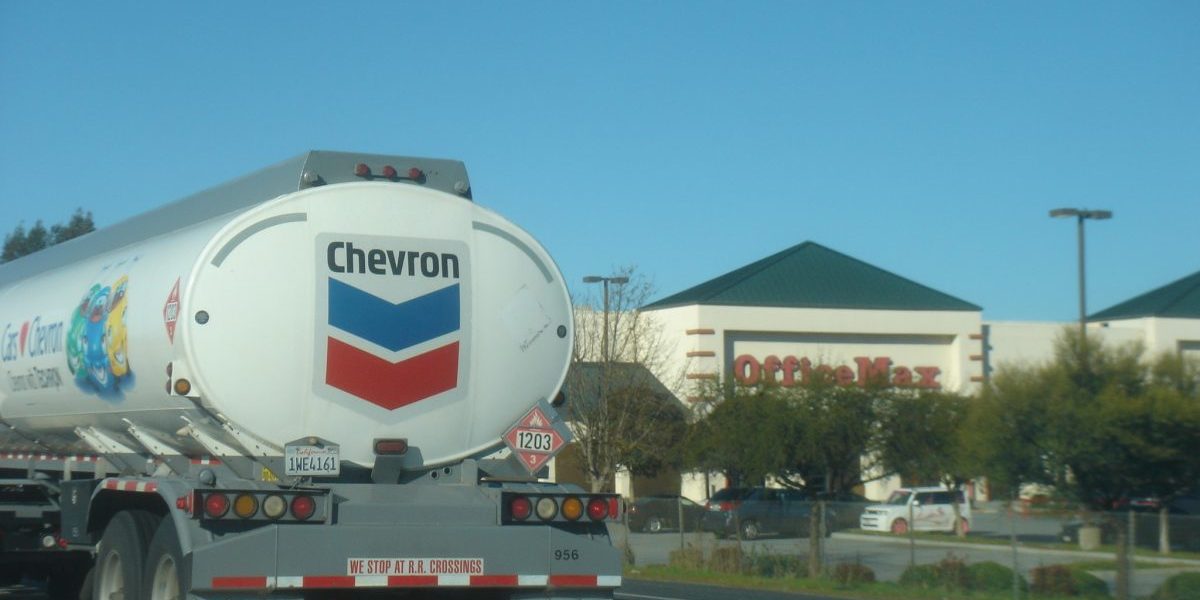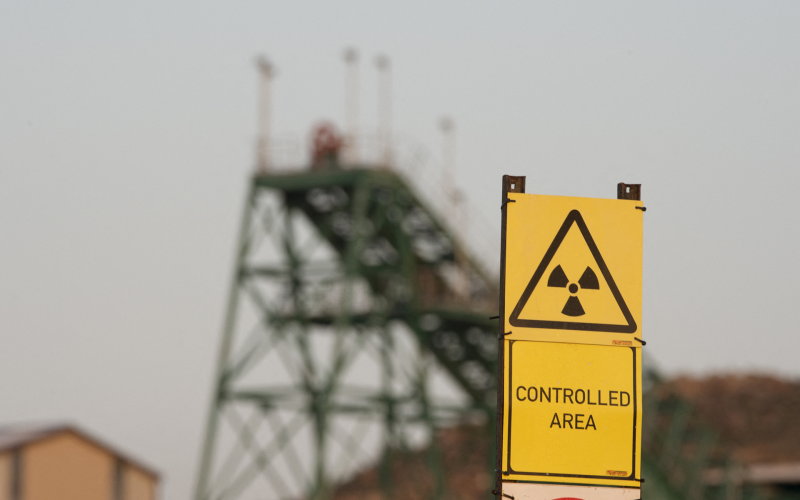It argues that, as in many low-income countries, the benefits from the oil sector have been reaped mainly by a small number of people who control the government or have links to powerful persons in the government. The interests of ordinary people in the sector have been largely ignored. The ordinary people are still waiting for the benefits of oil extraction in this nearly two-year old country.
The Chevron Oil Company, in 1978, discovered marketable quantities of oil in the area that is today known as Unity state, South Sudan. The export of oil was delayed up to 1999 due to the war that engulfed the former Sudan from 1983 to 2005, when the Comprehensive Peace Agreement (CPA) was concluded between the Government of the former Sudan (GoS) and the then rebel Sudan People’s Liberation Movement/Army (SPLM/A). The CPA gave the Southern Sudanese the right to decide in a referendum, held six-and-a-half years later from 9–15 July 2011, whether their region was to continue being part of the former Sudan or form an independent state. Nearly 99% of those who voted chose independence, which paved the way for the birth of the Republic of South Sudan on 9 July 2011. The paper argues that the formal end to fighting in 2005 – one of the results of which was the rapid expansion of oil activities and concomitant rise in revenues – brought huge benefits to oil companies and political elites and other persons close to them, but limited rewards to ordinary people.








